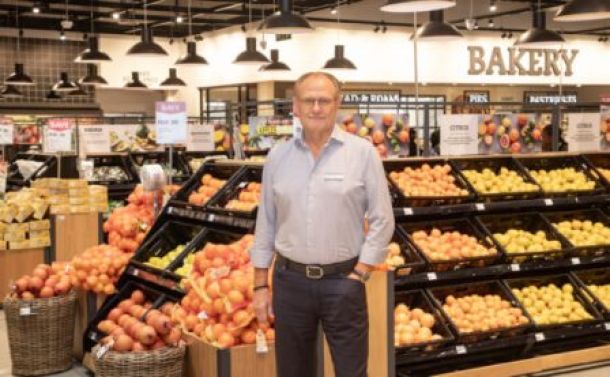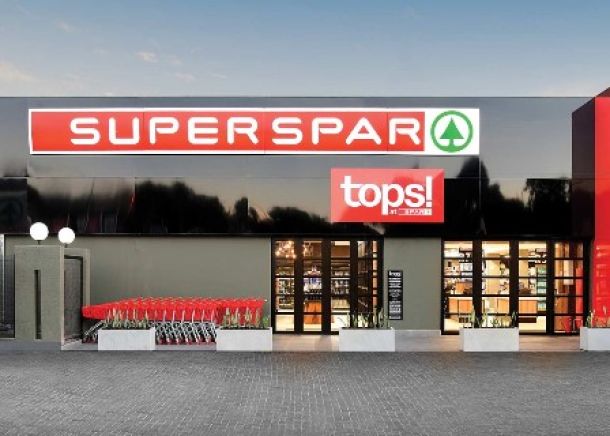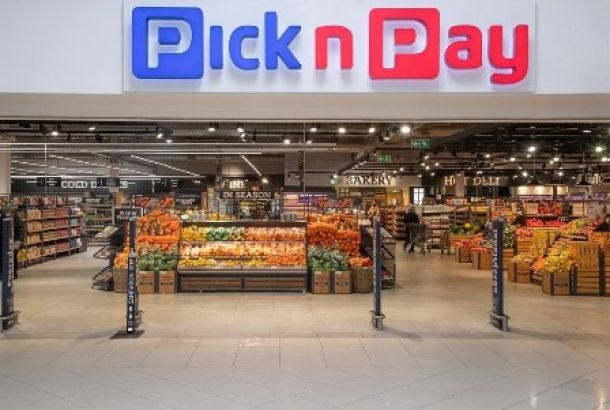Shoprite boosts profit and employment
In a year in which its staff complement grew to above 137 000 and more than 76% of adults in South Africa shopped at its stores, the Shoprite Group boosted total turnover by 14,4% to more than R130 billion during a 53-week period (comparative 52-week growth: 11,6%). The Group’s trading profit for the 12 months to June 2016 was up 15% to R7,28 billion and trading margin remained stable at a creditable 5,6%.
Its Supermarkets Non-RSA segment delivered its best performance ever, increasing sales by 32,6% for the 53-week period to boost its contribution to Group turnover to more than 17%. This growth was achieved despite the impact of lower commodity prices and the devaluation of the currencies of several of the 14 countries in which it operates.
Whitey Basson, Shoprite’s chief executive officer, said: “We are delighted with the overall results we have achieved on the back of a record one billion transactions in a single year, but especially with those from beyond South Africa’s borders. We see the rest of the African continent as the source of much of our future growth. Like any market, the continent has its problems, but after more than 20 years of trading here, we have gained the knowledge and experience to deal effectively with the challenges it presents.”
Basson ascribed the overall achievement to the Group's strengthening of its price advantage. It has continued to offer the lowest prices to increasingly value conscious consumers. Profitability wasn’t sacrificed since the Group “succeeded in protecting our profit margin through rigorous cost control and highly effective operating systems.”
“The level of efficiency with which we manage our business is also reflected by our internal food inflation, measured through tracking price movements of 81 000 product lines each month. It averaged just 3,5% for the period, less than half of Statistics SA’s official food inflation rate of 7,2%.
“Despite intense competition in the local market, consumers continued to flock to our stores in increasing numbers – 76% of adults in South Africa (29,1 million people), up from 72% a year ago, now shop at the Group’s supermarkets.
“We thus continued to be leaders in food retailing not only locally, but also in those countries in Africa where we trade. Throughout the reporting period our market share remained above 30%, increasing in June to the highest level in three years.”
The Shoprite chain operated successfully in every one of the 14 markets in which it has a presence outside South Africa, increasing the number of its customers by 16%. It opened a net 18 new supermarkets, mainly in Angola, Zambia and Nigeria. Despite the severe lack of foreign exchange in Angola that left most of its competitors without stock, Shoprite was able to replenish its supermarkets on a more consistent basis that boosted turnover.
In South Africa, where the Group opened a net 49 supermarkets to bring the total operated by its four brands to 964, turnover increased by 10,9% to R94,17 billion, generating a trading profit of R5,81 billion for the 53 weeks. The Checkers chain, where work is ongoing to upgrade its specialist offerings and fresh foods aimed at upmarket customers, again reported solid growth, growing turnover by 11%.
“Our two major supermarket brands – Shoprite and Checkers – are positioned to serve the specific needs of their individual target markets. Collectively they cover the spectrum from LSM 4 to 10 – a much wider range than any of our competitors.
“The repositioning of Checkers over the last few years has seen it become the supermarket of choice for a great many higher-income consumers while Shoprite has, over a period of 40 years, remained true to its promise of offering the lowest prices.”
Basson said several of the smaller business units performed extremely well, particularly in South Africa, including the LiquorShop chain which opened 44 new outlets during the year bringing the total number of its outlets to 337, with turnover rising by 32,3%.
He said in an environment of record unemployment, the Group, with a total staff complement of 137 775 – 21 000 of them elsewhere in Africa – had been able to create 4 833 new job opportunities.
“We are also extensively involved in our communities which play such an important part in sustaining our business. We see as our primary responsibility offering food in our stores at the lowest possible prices. Then we focus particularly on helping to alleviate hunger in all the communities in which we have a presence. During the year we made surplus food from all our stores, valued at R109 million, available to hundreds of verified non-profit organisations for distribution to thousands of people.
“Our national fleet of mobile soup kitchens also distributed more than 4.4 million meals this year at the same time as we continue to subsidise basic food lines in our stores. Over 15 million loaves of bread were also subsidised for Shoprite customers during the year as customers came under increasing financial pressure.”
Looking ahead, Basson said there was nothing to indicate that the demanding trading conditions in South Africa and elsewhere would ease in the new financial year. “However, over the years we have acquired the skill to operate successfully even under the most adverse conditions, and we believe we shall be able to do so again.
News Category
- International retailers
- On the move
- Awards and achievements
- Legislation
- Wine and liquor
- Africa
- Going green
- Supplier news
- Research tools
- Retailer trading results
- Supply chain
- Innovation and technology
- Economic factors
- Crime and security
- Store Openings
- Marketing and Promotions
- Social Responsibility
- Brand Press Office
Related Articles

Pick n Pay plunges 16% on JSE as stock adjusts ...

SPAR suffering from a hangover

Pain for Pick n Pay

Pick n Pay disaster


